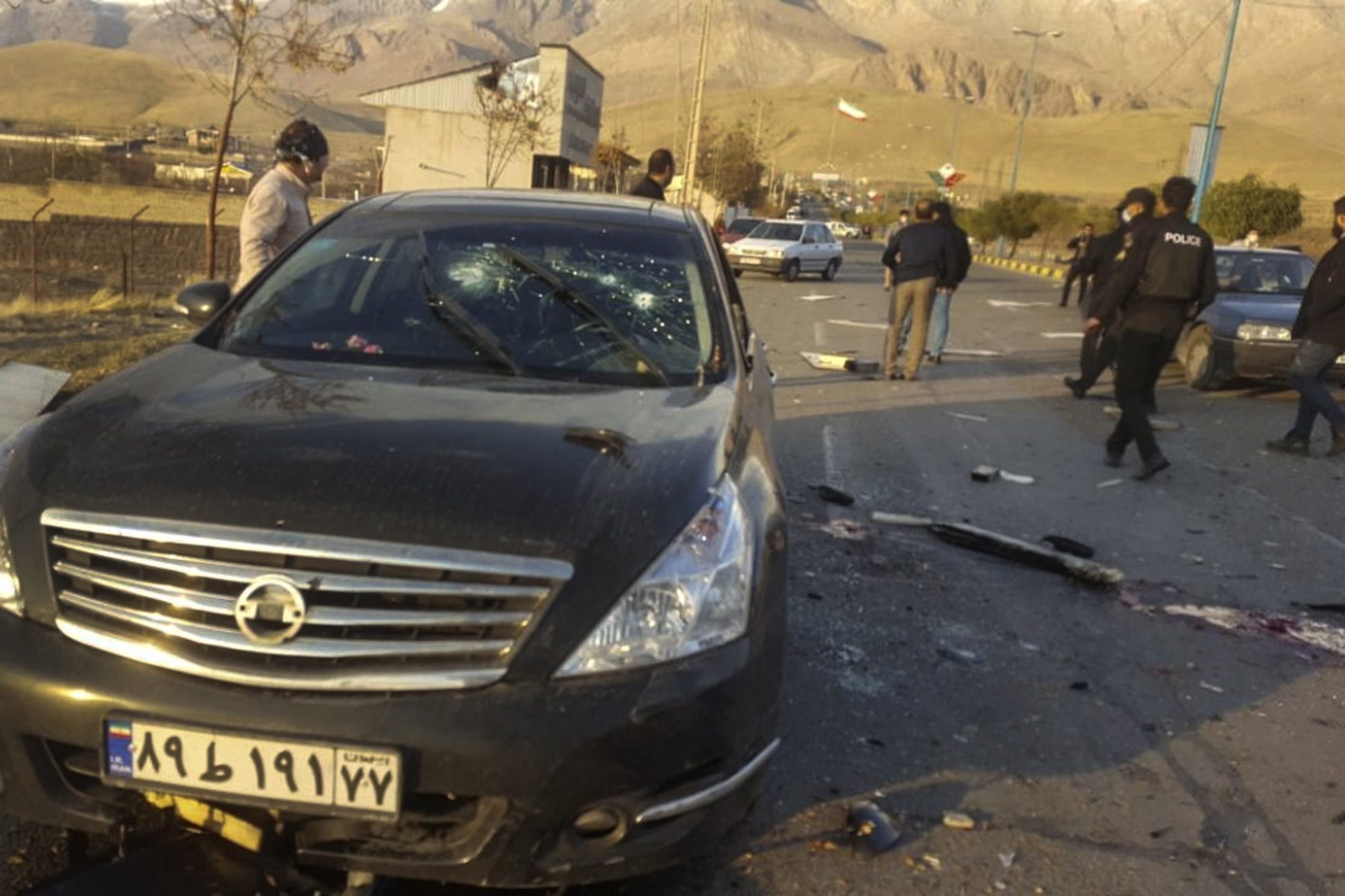An EU spokesman as well as other Iran-appeasers rushed to condemn the killing of Mohsen Fakhrizadeh. They fail to understand the danger that a nuclear-armed Iran presents to the world.
Logg inn for å lese videre (abonnenter).
Støtt Norges viktigste uavhengige medium!
Bli abonnentPluss-artikler blir åpnet 48 timer etter publisering. Artikler som er eldre enn to år er forbeholdt abonnenter.






